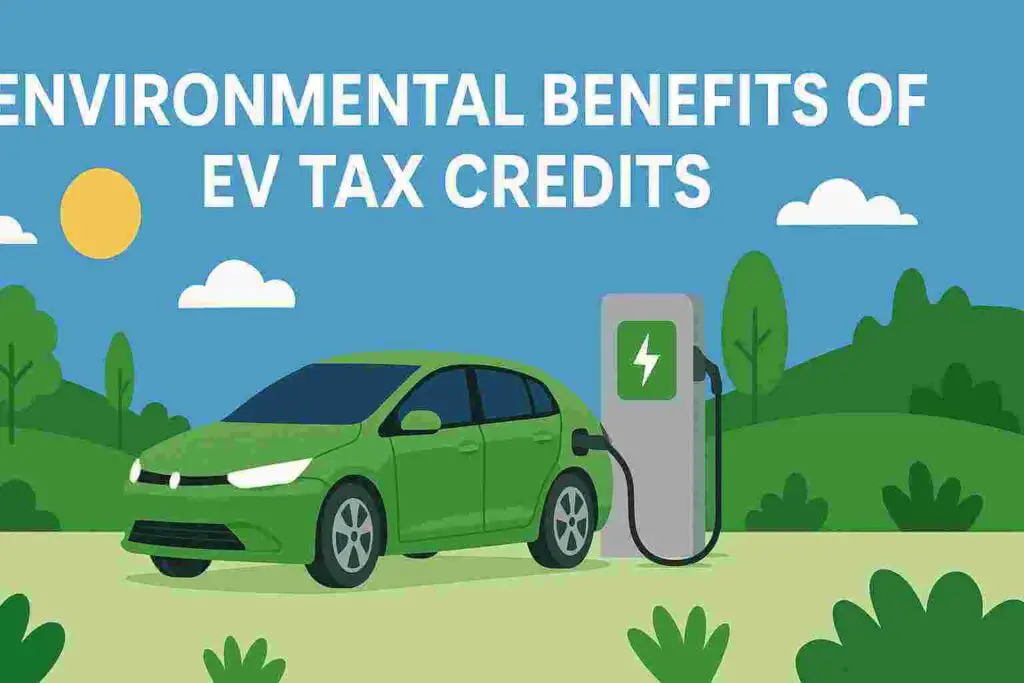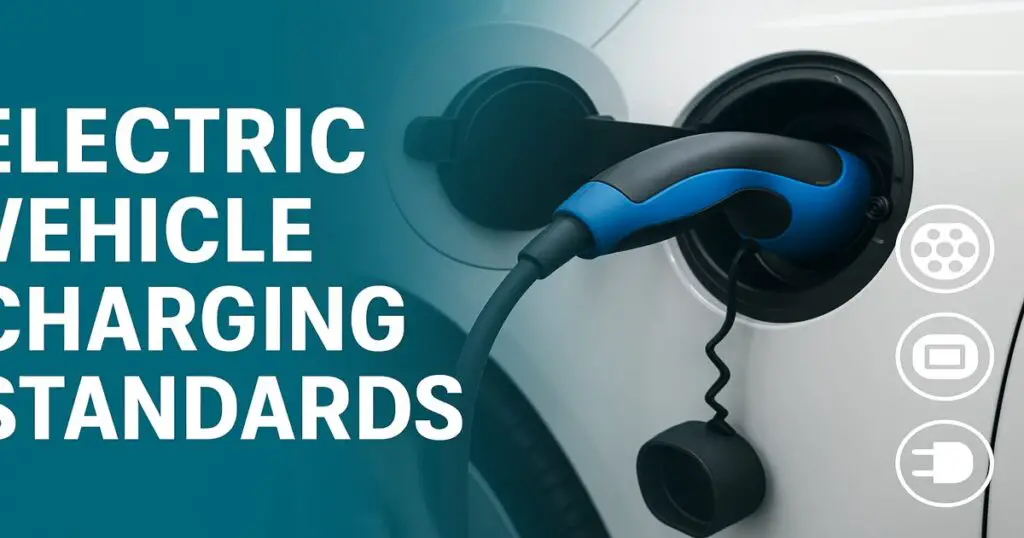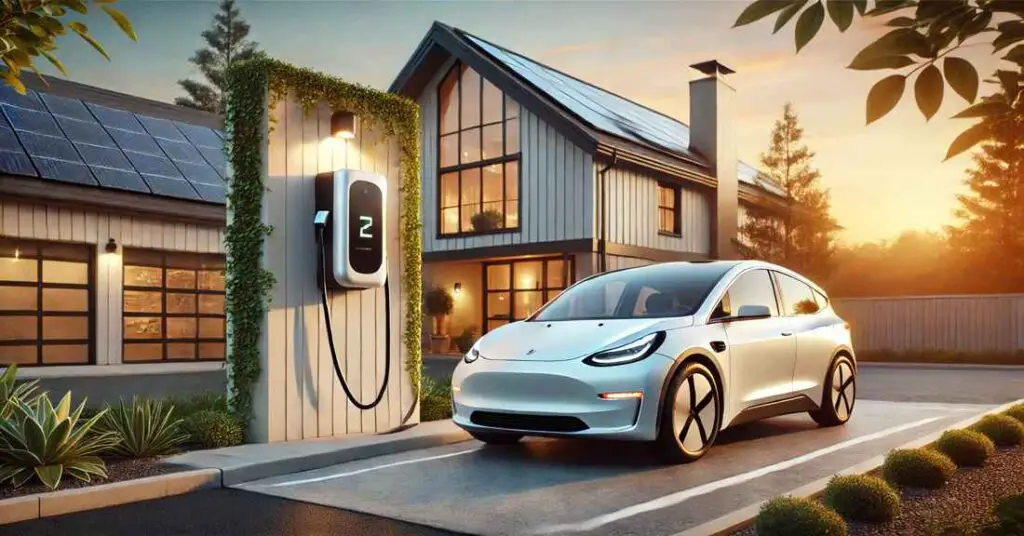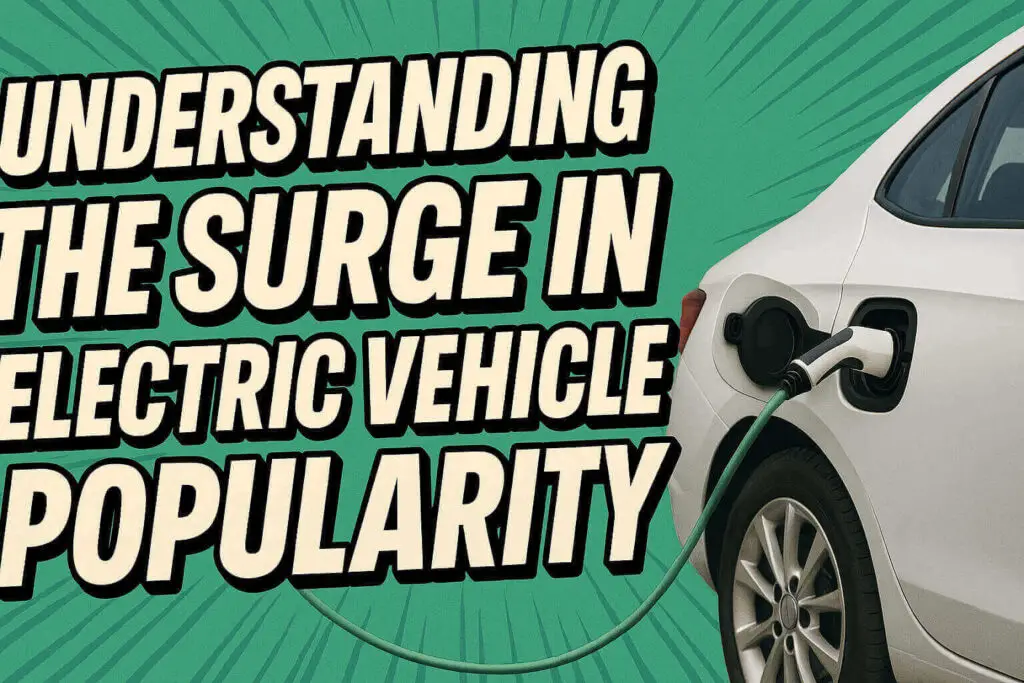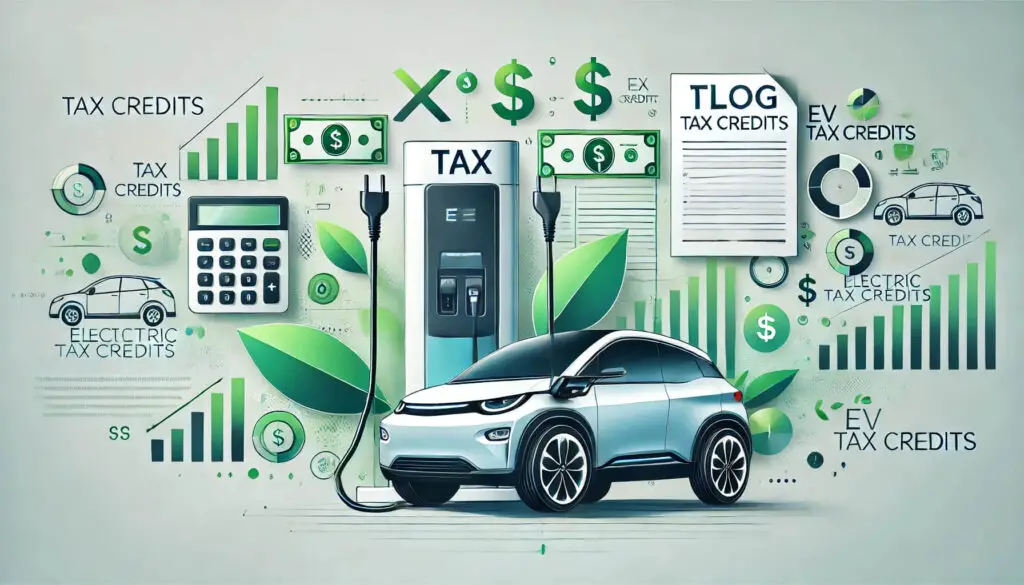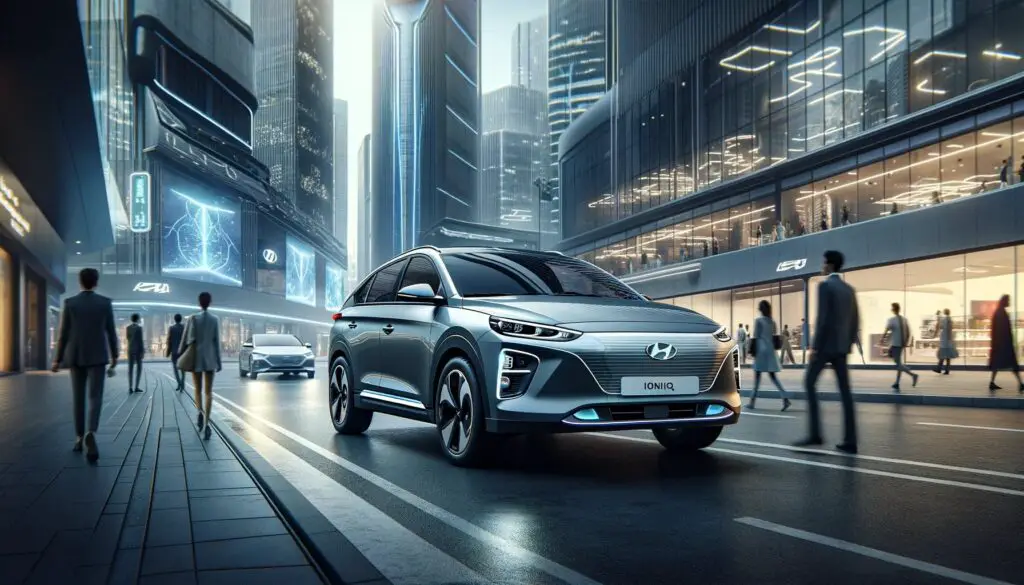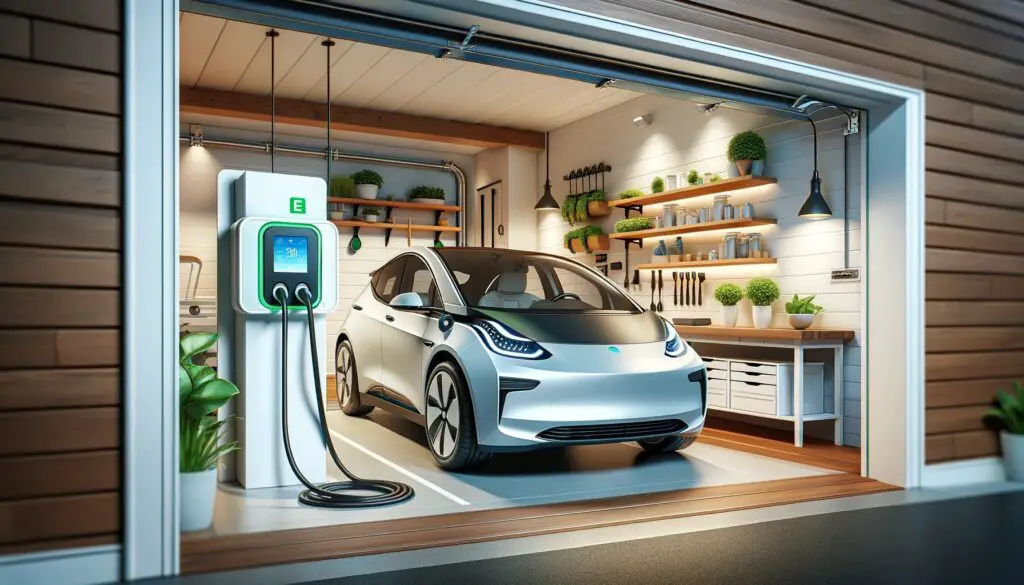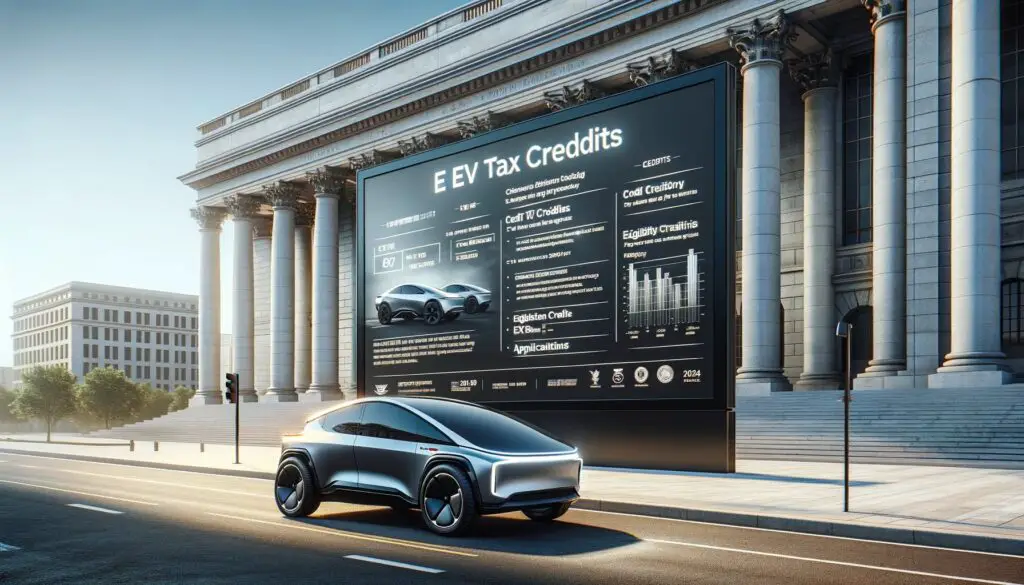1. Introduction
The transportation sector is one of the largest contributors to greenhouse gas emissions, accounting for nearly 29% of total U.S. emissions (EPA, 2023). To combat this, governments worldwide are implementing policies to accelerate the adoption of electric vehicles (EVs). Among the most effective tools are EV tax credits, which reduce the financial burden of purchasing an electric car while promoting environmental sustainability.
This article explores how EV tax credits contribute to a greener future by:
- Encouraging the shift from gasoline-powered cars to EVs
- Reducing carbon emissions and air pollution
- Supporting renewable energy integration
- Expanding EV infrastructure
By understanding these benefits, consumers, policymakers, and businesses can make informed decisions that align with global climate goals.
2. Understanding EV Tax Credits
What Are EV Tax Credits?
EV tax credits are financial incentives offered by federal, state, and local governments to reduce the cost of purchasing an electric vehicle. These credits can significantly lower the upfront price of an EV, making them more accessible to consumers.
Types of EV Tax Credits
- Federal EV Tax Credit (Inflation Reduction Act, 2022)
- Up to $7,500 for new EVs (based on battery size and critical mineral sourcing)
- **4,000∗∗forusedEVs(304,000)
- Income limits apply (150kforsinglefilers,300k for joint filers)
- State & Local Incentives
- California: $2,000 Clean Vehicle Rebate
- New York: $2,000 Drive Clean Rebate
- Colorado: $5,000 Tax Credit
- Utility & Local Discounts
- Some power companies offer rebates for home charger installations.
Eligibility Requirements
- Vehicle must be made by a qualified manufacturer.
- Battery capacity must be at least 7 kWh (for federal credit).
- Final assembly must be in North America (new rule under IRA).
3. How EV Tax Credits Promote Sustainable Transportation
Encouraging EV Adoption
Studies show that financial incentives increase EV sales by 30-50% (ICCT, 2022). Tax credits make EVs competitive with gasoline cars, accelerating adoption.
Reducing Fossil Fuel Dependence
EVs reduce oil consumption—each EV saves ~1,500 gallons of gasoline annually (DOE).
Impact on Carbon Emissions
- A typical EV emits 60-68% fewer CO₂ emissions over its lifetime compared to gas cars (Union of Concerned Scientists).
- If all U.S. cars were EVs, CO₂ emissions could drop by 1.5 billion tons annually (MIT Climate Portal).
4. Environmental Impact: EVs vs. Gasoline Cars
| Factor | Electric Vehicles | Gasoline Cars |
|---|---|---|
| Tailpipe Emissions | Zero | High (4.6 metric tons CO₂/year) |
| Lifetime Emissions | Lower (even with battery production) | Higher due to fuel use |
| Air Pollution | No NOx or SOx emissions | Major contributor to smog |
Battery Production Impact
While EV batteries require mining (lithium, cobalt), their environmental impact is offset within 6-18 months of driving (IVL Swedish Institute).
5. EV Tax Credits & Greenhouse Gas Reduction
- Federal EV tax credits could cut 40 million tons of CO₂ by 2030 (Energy Innovation).
- EVs help the U.S. meet its Paris Agreement goals (50-52% emissions cut by 2030).
6. Energy Efficiency: EVs vs. Gasoline Cars
- EVs convert 77% of electrical energy to power, while gas cars only use 12-30% of fuel energy (DOE).
- Charging EVs with solar/wind energy reduces emissions further.
7. EVs & Renewable Energy Integration
- Smart charging allows EVs to store excess solar/wind energy.
- Vehicle-to-grid (V2G) technology lets EVs supply power back to the grid.
8. How EV Tax Credits Accelerate Clean Energy Transition
- Incentivize automakers to produce more EVs.
- Drive investments in battery recycling & green tech.
9. Government’s Role in Reducing Carbon Footprints
- The Inflation Reduction Act (IRA) allocates $370B for clean energy, including EV incentives.
- Policies align with net-zero emissions by 2050 goals.
10. Hidden Environmental Benefits of EVs
- Less noise pollution (quieter than combustion engines).
- Fewer oil spills & refinery pollution.
11. Economic & Environmental Synergy
- Creates jobs in EV manufacturing & charging infrastructure.
- Reduces healthcare costs from air pollution ($820B/year in the U.S.).
12. EV Infrastructure Growth
- 500,000+ charging stations expected by 2030 (White House).
- Private companies (Tesla, Electrify America) expanding networks.
13. EV Adoption in Rural Areas
- Tax credits help lower-income buyers afford EVs.
- More charging stations reduce “range anxiety.”
14. Global EV Incentive Examples
- Norway (no VAT on EVs, 80% EV sales).
- China ($1,500+ subsidies per EV).
15. Addressing EV Concerns
- Battery recycling is improving (90% recovery possible).
- Rural charging is expanding (IRA funds $7.5B for infrastructure).
16. Future of EV Tax Credits
- May expand to include more used EVs & commercial fleets.
- Solid-state batteries could further reduce environmental impact.
17. How Consumers Can Maximize Benefits
- Choose EVs with the lowest lifetime emissions (e.g., Tesla Model 3, Chevy Bolt).
- Charge with solar power to maximize sustainability.
18. Businesses & EV Tax Credits
- Fleet electrification can save companies millions.
- Corporate sustainability goals align with EV adoption.
19. FAQs
Q: How much can I save with an EV tax credit?
A: Up to $7,500 federal + state incentives.
Q: Do used EVs qualify?
A: Yes, up to $4,000 under the IRA.
Q: What’s the environmental impact of EV batteries?
A: Emissions are offset within 6-18 months of driving.
20. Conclusion
EV tax credits are a powerful tool for reducing emissions, cutting fossil fuel use, and accelerating the clean energy transition. By taking advantage of these incentives, consumers and businesses can contribute to a healthier planet while saving money.
Call to Action:
- Check your eligibility for federal/state EV tax credits.
- Consider switching to an EV for your next vehicle.
- Advocate for stronger clean energy policies in your community.
The future of transportation is electric—and with the right incentives, we can make it greener, cleaner, and more sustainable for all.
Sources:
- EPA, DOE, Energy Innovation, ICCT, Union of Concerned Scientists, MIT Climate Portal, White House EV Initiatives.

